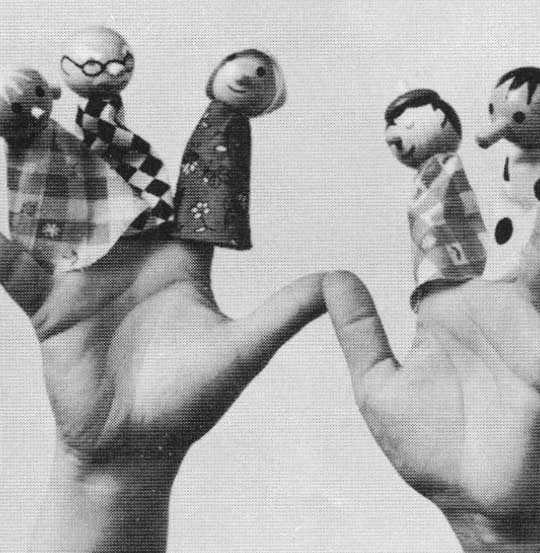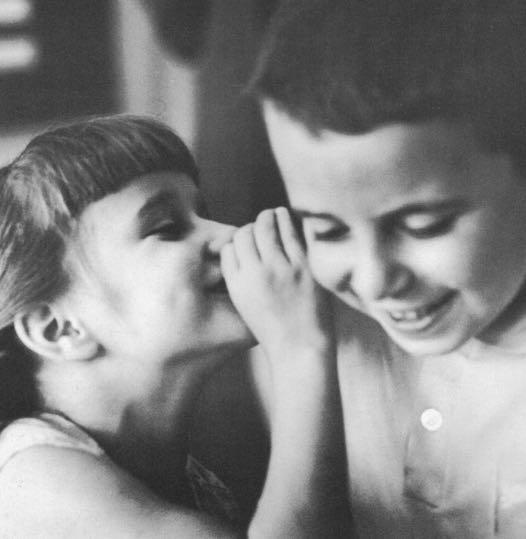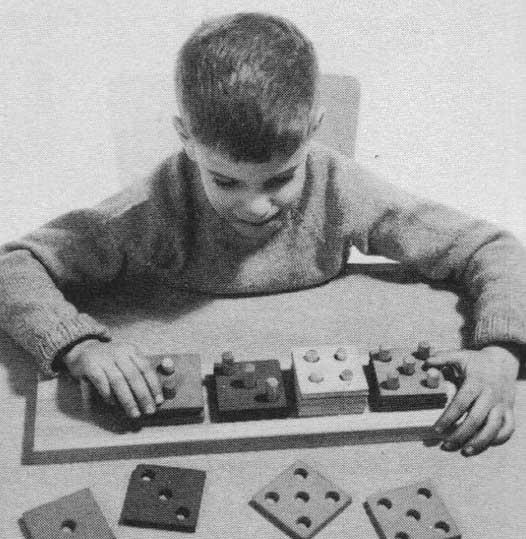Application Process
The Foundation employs a two-step grant application process that includes the submission of both a Letter of Inquiry (LOI) and a Full Proposal–the latter only by those applicants requested to do so. This ensures that consideration of Full Proposals is limited to those applications that strictly comply with the Foundation’s programmatic guidelines.
The next deadline for submitting a LOI is May 31, 2024.
Applicants must submit Letters of Inquiry by clicking on the Email your Letter of Inquiry button below. Once a Letter of Inquiry is received by the Foundation, the Directors will determine if the proposed program fits the Foundation’s funding guidelines. Successful applicants will be invited via email to submit Full Proposals.
Each Letter of Inquiry should include:
- The organization’s official name, website address and contact information
- A brief (250 word maximum) summary of the organization’s mission and recent program history
- The organization’s 501(c)(3) Tax Exempt Status letter from the IRS and its’ Federal Tax ID#
- The total amount of the organization’s annual budget
- The total amount of the grant request
- An indication of the amount and type of support being requested from all sources
- Title of the project and a narrative description (1,000 words or less) of the issue(s) or need(s) to be addressed by the proposal, the work to be performed and the anticipated outcome
- A description of how the proposal fits the Foundation’s program guidelines
- A description of how your project and/or research is innovative in nature
Your Letter of Inquiry must follow the number format listed above. Failure to follow the specified format will disqualify your LOI from review by the Board of Directors. Please note LOI and the name of your organization in the subject line of your email.
There are many proposals that we do not consider because they do not meet the criteria stated in our website. We strive to fund ideas that are adventurous, thoughtful and challenge the status quo. They should have a fresh concept (not rehash an older idea) and a defined method of implementation that promotes new approaches and understanding of early childhood and pushes the boundaries of academic, social and cultural studies and practices.
All written correspondence to the Caplan Foundation for Early Childhood should be directed to Amanda Liedtka, CPA, P.O. Box 746, Lock Haven PA, 17745
This will open your default email client. If you are using a different client, please send the email to info@earlychildhoodfoundation.org, and use "Letter of Inquiry" as your subject line.



